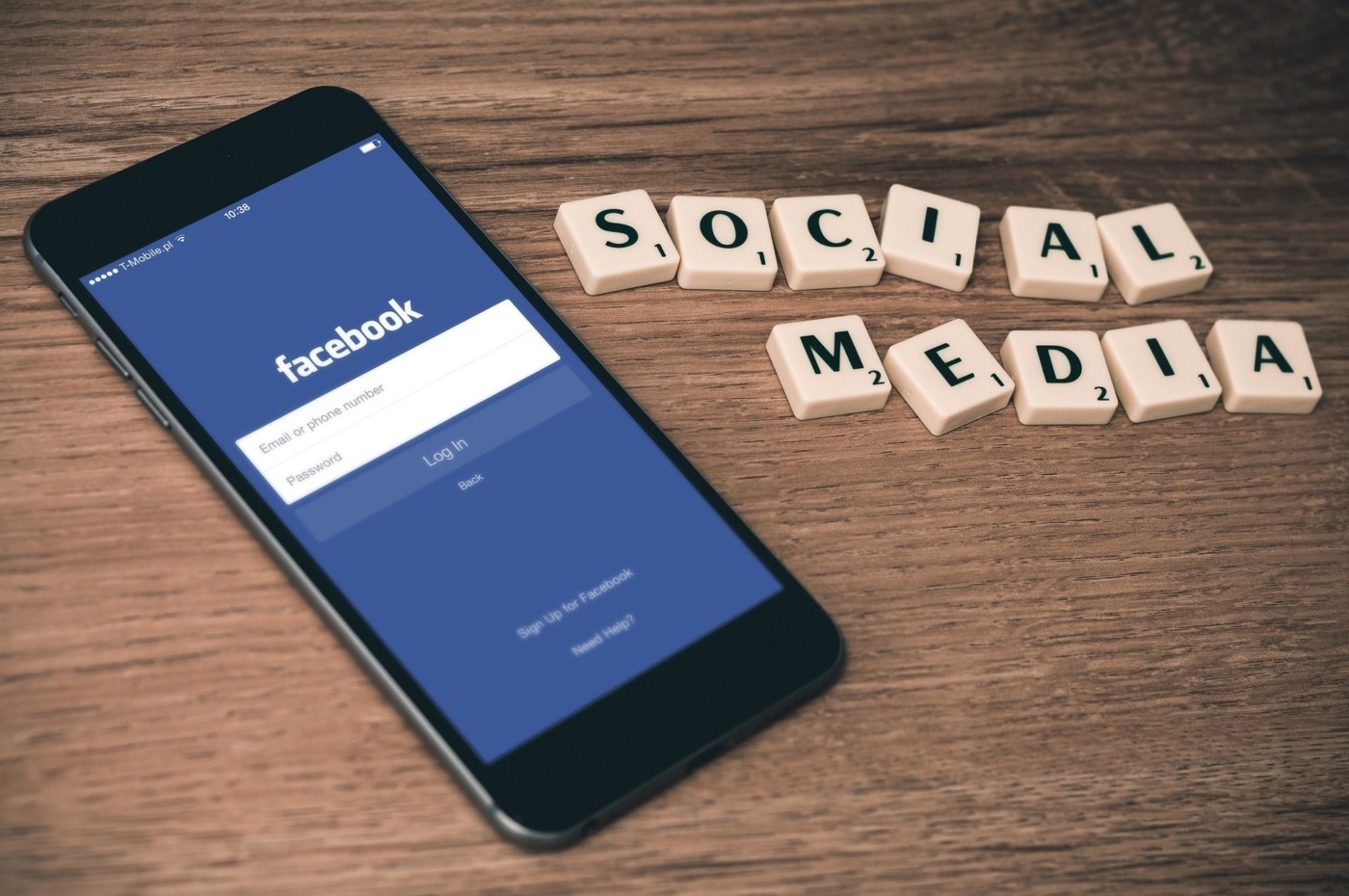Facebook is no longer just a social media platform
Having used Facebook in the past, one thing that strikes me the most is how much of a planet of its own the platform is. Personally, I think what makes Facebook so popular is how it provides everything in one place, be it instant updates on what’s happening in the world, the ability to share and interact through various forms of digital media or even the ability to message anyone. However, through overly embracing this multifunctional online platform, we may have given it a lot of power that manifests itself in the offline universe as well.
The clue is in the word; when I say power, I mean politics. News articles, dialogues and murmurs have all been there on how Facebook made Trump president. In 2017, President Donald Trump himself said “I doubt I would be here if it weren’t for social media, to be honest with you.” These have only been words resulting from personal, and therefore subjective, experiences and opinions and hence were viewed as questionable or disregarded completely, up until now.
Whether … [a] website truly has the potential to change something as profound as a nationwide presidential election, and the results tell us exactly what you dared to imagine but not believe
Researchers at the Centre for Competitive Advantage in the Global Economy (CAGE) at the University of Warwick, in collaboration with ETH Zurich and the University of Carlos III decided to consider this from an academic perspective and find out whether an online password protected website truly has the potential to change something as profound as a nationwide presidential election, and the results tell us exactly what you dared to imagine but not believe.
The study found that Facebook’s political advertising boosted Trump turnout by up to ten per cent in the elections. The campaign and advertisements persuaded previously non-aligned voters, who were regular users of Facebook, to vote for the Republicans and for the Republican supporters to come out and vote on polling day. This is particularly true of people who relied on Facebook to receive their news, and those without university or college-level education.
Hillary Clinton’s campaign spent eight per cent of overall media expenditures on digital media whereas Donald Trump’s campaign spent a total of 47 per cent
Political campaigns through social media make use of a micro-targeting marketing strategy. This involves use of consumers’ data and demographics to establish their interests and then, through personalising the information presented to them, influencing their thoughts and actions. Considering both the approach of the strategy and the nature of the social media giant, this is something that could and was easily done through Facebook with great precision.
But why Trump? Most politicians, if not all, use social media for their political campaigns therefore the platform shouldn’t have favoured Donald Trump over the Democrat candidate Hillary Clinton. However, there is an interesting difference in the path taken by both the candidates when campaigning. Hillary Clinton’s campaign was run mainly on traditional media whereas social media channels, particularly Facebook and Twitter, were more popular in the Trump campaign. Hillary Clinton’s campaign spent eight per cent of overall media expenditures on digital media whereas Donald Trump’s campaign spent a total of 47 per cent. The Republicans therefore invested more in providing easily accessible information to voters that was even closer to them than their doorstep.
It is imperative that we educate ourselves about the radically contrasting facts on how we want Facebook to affect us and how it does, and take actions to minimise the influence
Greater investment in digital media campaigning leading to more votes shouldn’t, however, be a problem. Isn’t the purpose of political campaigning all about getting people to vote for you? While this is all true, the researchers have shown that reading about politics on Facebook does not improve political knowledge in the way that reading a newspaper does. This is a particularly troubling finding at a time when many rely on social media feeds for updates. Dr Federica Liberini from ETH Zurich even commented that their research is further evidence that recent political outcomes, such as Brexit and the election of President Trump, might have been influenced by data analytics tactics.
Digital campaigning is personalised and precise, free and convenient to access, as well as being virtually free of regulation making it overall very powerful and capable of influencing minds. Those are all the keywords you wouldn’t want in a single sentence. How much, if indeed at all, Facebook will be held accountable for their advertising strategies is something yet unknown however it should always be remembered by people what power their vote holds. There would not be such a strategy as micro-targeting if politicians didn’t understand the value of every vote. It is imperative that we educate ourselves about the radically contrasting facts on how we want Facebook to affect us and how it does, and take actions to minimise the influence.

Comments
Comments are closed here.